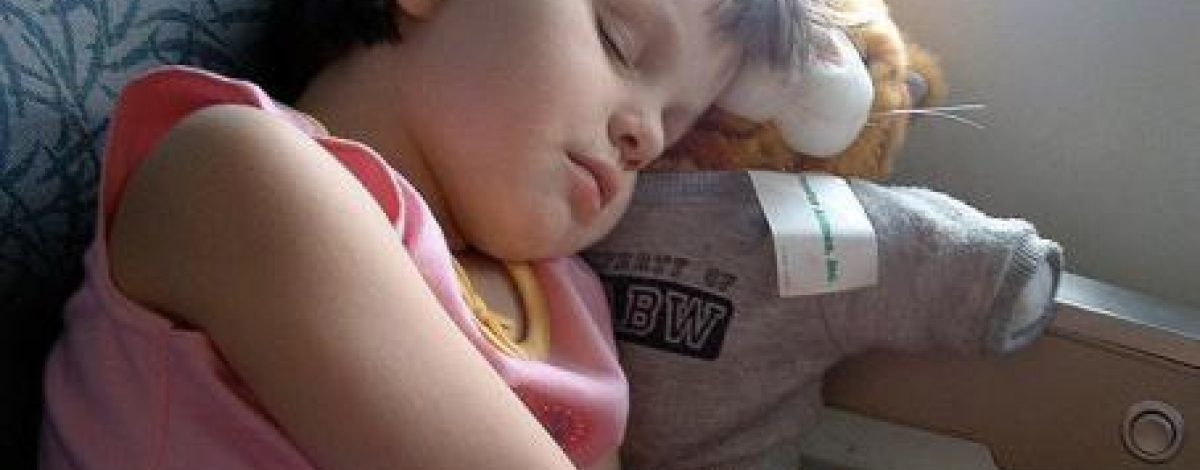Ask A Clinician: Tips for Traveling with a Child
Q: We are planning an upcoming trip to see Grandma and Grandpa, but are nervous about traveling with our child who has autism. Do you have any suggestions to help?
A: A vacation or a trip can be an exciting adventure, but sometimes, getting there is the hardest part. When traveling with a child with autism, one of the best things you can do is have a plan.
Traveling can be a stressful experience on anyone.
Before we even take off or start driving, our mind may be racing with questions: Will my alarm clock go off? Did I pack everything I need? Do we have the correct directions? Will we make it to our gate on time?
When we’re finally in the car or the plane or the train, some may breathe a sigh of relief and others may feel the stress heighten. The people. The confined space. The smells. The hours spent sitting in the same position. The realization you forgot to pack something to read and now must read SkyMall cover-to-cover.
As adults, years of practice has conditioned us to these stresses. But for children, and children with intellectual or developmental disabilities, traveling can be a very trying experience.
Kate is a 3-year-old girl with autism. Sometimes she feels overwhelmed by traveling, but this time was different. Sitting in the middle seat on an airplane, she quickly warmed up to a man next to her that she affectionately referred to as daddy. As easily as he could have but on his headphones and closed his eyes, this man engaged her the whole trip, taking her mind off things.
While this may be a unique act of remarkable kindness, it underlies the fact that traveling is hard enough on neurotypical adults and can be even harder on children with intellectual or developmental disabilities.
The amazing staff of early intervention specialists and occupational, developmental and speech therapists at Integrated Pediatric Therapies was inspired by Kate’s story. Here are some travel tips they recommend when traveling with small children:
- Bring a small backpack for the child to wear with some manageable toys -- a pacifier and/or stuffed animal, magnadoodle or small pad of paper with crayons or markers or a couple of books. The backpack lets them be “responsible” for their own toys, just like mommy and daddy have their luggage.
- Have a special travel bag that includes books, car games, coloring books (whatever activities are age-appropriate) that the child doesn’t use or have except when traveling. This could also include some fun, special travel snacks.
- Bring activities that might hold attention longer: silly putty (won’t crumble like PlayDoh might), crayons, paper, snacks, stringing cardboard or I-Spy.
- Talk about the airplane, car or train ahead of time.
- Set expectations for their behavior throughout, even if it is in a very simplistic way
- For kids that are sensory-seekers or seek proprioceptive input: encourage gross-motor/heavy work activities for 20-30 minutes before getting in car/plane -- hopscotch, games that include running, monkey bars, wheelbarrow walking etc.
- Provide heavy work activities for hands/arms while seated in car like PlayDoh, putty or pop beads, as well as heavy work for oral-motor like gum/fruit chews, other chewy foods like bagels/granola bars and drinking water or even smoothies through a straw.
Contributing to this article is Marlies Gramann, Director of Clinical Services Integrated Pediatric Therapies, Jennie Marble, Assistant Director of Integrated Pediatric Therapies, Jody Miller, Speech & Language Pathologist.
Integrated Pediatric Therapies offers speech therapy, occupational therapy and developmental therapy, testing and assessment, social work, post-cochlear implant support, parent and child skill building and support groups and more. For information, call 855.ASK.JCFS (855.275.5237)



 Back
Back